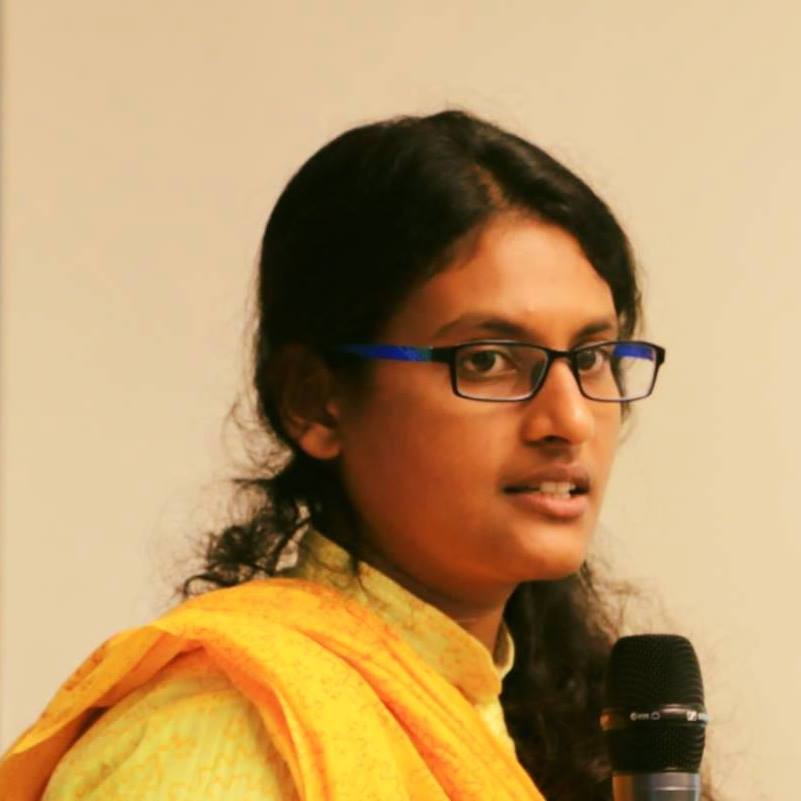
Our approach to this project is to share our findings, experiences and insights as fully as possible. On this page, we capture all the outputs from the project to date. We started with a literature review and action research to establish what already exists in thinking and practice on this topic – and, to our surprise, found very little (material on remote team work, yes, on remote partnering, no).
This means that the work that followed on was unique, cutting edge exploration into a critically important element in partnering effectively. For an overview of what we have explored and direct access to what we have produced scroll down to the end of the page and scroll up (to get the proper chronology!).
October 2018
New research on remote partnering realities with local partners in Syria. Kristina Delgado conducted vital research on the realities of remote partnering with local partners in Syria and prepared an executive summary and case study for this website. The study identified the need for context-specific knowledge of how risks are considered and evaluated by local humanitarian partners in insecure environments. More specifically, this study sought to fill the knowledge gap of how risk materializes for local aid workers on-the-ground and how that differs from institutional prescriptions of risk made by remote international humanitarian actors.
Delgado, K., Balancing Lethal Perceptions.
September 2018
More than 60 participants produced a peer reviewed Remote Partnering Action Plan during their Remote Partnering Online Programme. A few went on to complete a 2nd part of the course – tracking the implementation of their plan over a 4 months period in a journal / log book.
Here are two examples:

Shamnaz Ahmed working with Oxfam in Bangladesh:

Yaman Salam working for CARE in Turkey:
April 2018
The Remote Partnering Work Book was published and made available online (via this and partners’ websites). Participants on the pilot course were fulsome in their enthusiasm for this practical manual that helped them to shape and drive their individual remote partnering action plans
February – March 2018
The pilot online Remote Partnering Certificate was delivered to a rich mix of practitioners mostly from the field (many from extremely challenging contexts) plus some in HQ positions working remotely with field staff and partners. The experiences from this pilot have formed the basis of our on-going programmes.
October 2017 – January 2018
Detailed preparation of the first Remote Partnering Online Programme (RPOP) in collaboration with the Geneva Learning Foundation offering a 4-week intensive online training leading to a Certificate in Remote Partnering Practice developed with the active support and engagement of 12 INGO partners.
June – September 2017
Completion and launch of the parallel project Defying Distance – an online Tool Box for those partnering remotely – developed in collaboration with Action Against Hunger and the Start Network.
May 2017
A new paper published Points of View – Remote Partnering Project capturing the controversial views of front-line practitioners speaking anonymously in order to be able to express their concerns without fear of reprisals.
A series of three webinars was held in April and May 2017 as part of the action research into remote partnering with participants from India, Australia, UK, Slovenia, Lithuania and USA. Between them, they representing the following sectors: INGOs, online learning community, a tertiary education institute, accredited partnership brokers and other individual partnership practitioners – most were new to this project. The findings are summarised in the report prepared by webinar facilitators: Joanna Pyres and Catherine Russ: How can we use technology to reinforce the key partnering principles when partnering remotely? A report from three webinars.
Addendum to The Current Status of Remote Partnering published taking on board new inputs into the initial research.
February 2017
The Remote Partnering Design Lab (held in January 2017 with outputs made available in February) had 16 participants from 14 different countries – a mix of partner organisation representatives and their nominees from front-line partnering work. The Lab explored the key issues and experimented with a number of activities seeking to build imaginative capacities and infuse our next steps with a creative edge intended to animate and invigorate remote partnering. The outcomes – many of which are wholly new and original – are available here:
- Design Lab- Outcomes, Outputs, Further Questions & Next Steps v2
- Embedding Partnership Principles when Working Remotely
- Language, Context and Time
- Partnering and the Importance of Play
- Igniting the Senses
- Report on Technology and Learning
- Reda Sadki: https://www.youtube.com/watch?v=5AYX8Oqd63A
January 2017
Initial action research findings published:
Lokhorst, A.M., Pyres, J., Russ, C., Tennyson, R., The Current Status of Remote Partnering
December 2016:
PBA: Remote Partnering: Survey of Insights and Experiences of Partnership Brokers
November 2016:
PBA: Summary of a Facilitated Conversation on Remote Partnering
